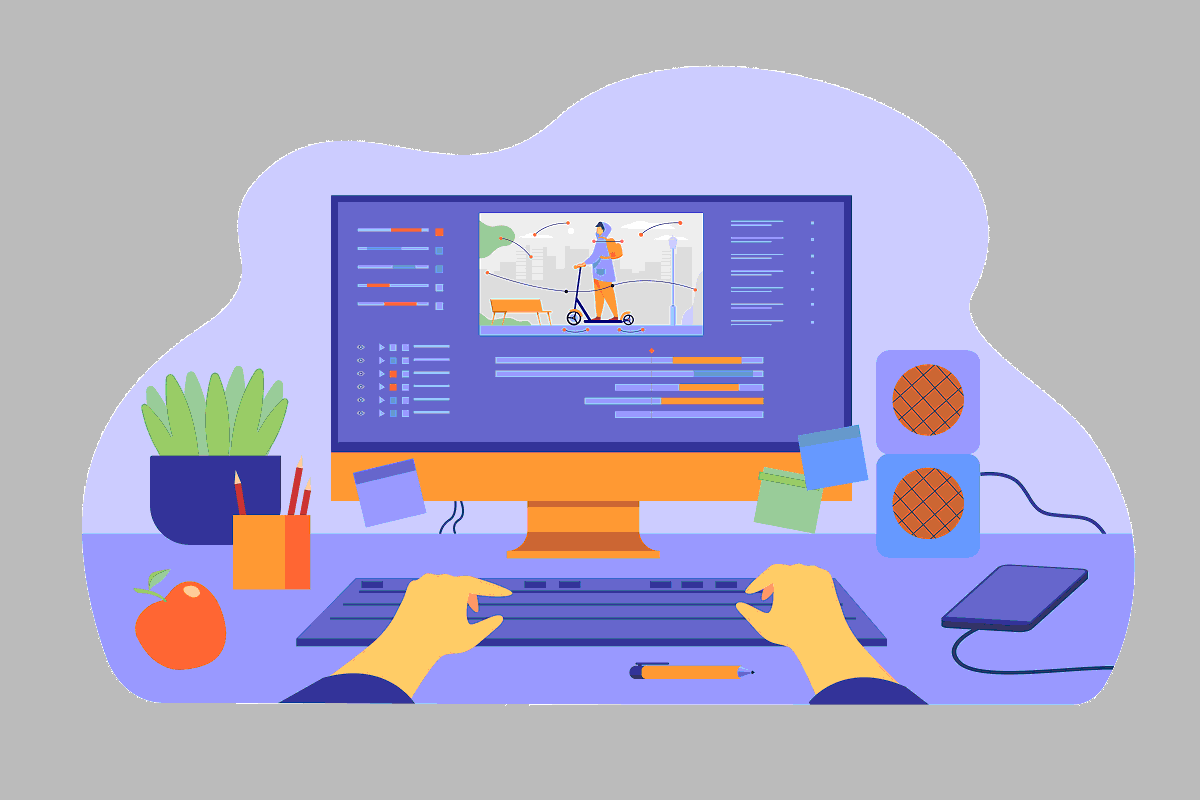
The world is becoming increasingly dependent on computers and technology. From communication to commerce, technology plays a crucial role in our daily lives. However, this dependence has both advantages and disadvantages, which must be understood to strike a balance between the benefits and negative impacts of technology. In this article, we will explore the extent of people's dependence on computers, the advantages and disadvantages of this dependence, and the impact it has on mental and physical health and society as a whole.
Extent of Dependence on Computers
The extent of people's dependence on computers and technology is undeniable. Studies show that the average person spends over 7 hours per day on digital devices. The use of computers and technology has become so widespread that it is almost impossible to imagine our lives without them. From social media to online shopping, technology has become an integral part of our daily routines. In some cases, this dependence has even become excessive, leading to digital addiction and the neglect of other important activities.
Advantages and Disadvantages of Technology
Technology has revolutionized the way we live and work, but it is important to understand the impact it has on our lives and society. On the one hand, technology has brought numerous advantages, such as easier and faster communication, increased productivity, and access to a vast amount of information. For example, it has made it possible to work from anywhere in the world and has enabled people to connect with friends and family who live far away.
On the other hand, technology also has many disadvantages, such as decreased face-to-face communication and a decline in physical activity. Excessive technology use has also been linked to a range of negative effects on mental and physical health, such as sleep deprivation, stress, and depression. In addition, the overuse of technology has been shown to cause addiction and to negatively affect relationships and social skills.
Impact on Mental and Physical Health
The impact of excessive technology use on mental and physical health is a growing concern. Studies have shown that spending excessive amounts of time on digital devices can lead to sleep deprivation, which in turn can negatively impact mental and physical health. The blue light emitted by these devices can also disrupt the natural sleep-wake cycle and make it difficult to fall asleep at night.
Moreover, excessive technology use has been linked to a range of mental health issues, such as anxiety, depression, and stress. This is due to the constant exposure to negativity and the pressure to constantly be connected and available. In addition, the overuse of technology can lead to addiction, which can have a devastating impact on personal and professional life.
Role of Computers in Shaping Modern Society
Computers and technology have played a major role in shaping modern society. They have made it possible for people to communicate, work, and live in ways that were previously unimaginable. However, this dependence on technology has also had negative effects on society, such as decreased face-to-face communication and a decline in physical activity.
In conclusion, it is important to understand the extent of people's dependence on computers, the advantages and disadvantages of this dependence, and the impact it has on mental and physical health and society as a whole. While technology has brought numerous benefits, it is essential to strike a balance between the benefits and negative impacts of technology. For example, companies can implement digital detox policies for their employees to reduce excessive technology use, and individuals can set limits on their technology use to ensure they are not negatively impacting their mental and physical health.
"Technology has revolutionized the way we live and work, but it is important to understand the impact it has on our lives and society."
In order to ensure that technology does not become a hindrance in our lives, it is important to find a healthy balance between technology use and other activities. Here are some ways in which you can reduce your dependence on technology:
- Set boundaries: Establish clear guidelines for when and where you will use technology, and stick to them. For example, you can turn off notifications on your phone during meals, sleep, or other activities.
- Take breaks: Set aside regular breaks from technology, and use that time to engage in other activities such as exercise, reading, or spending time with friends and family.
- Unplug: Try to unplug completely from technology for a designated period of time each day, such as an hour before bedtime.
- Get involved in other interests: Find other activities or hobbies that you enjoy and spend time pursuing them. This can help reduce the amount of time you spend on technology.
- Educate yourself: Learn about the dangers of excessive technology use, such as digital addiction and the impact it can have on mental and physical health.
- Seek help: If you are finding it difficult to reduce your dependence on technology, seek help from a professional, such as a therapist, to help you overcome your digital addiction.
In conclusion, technology and computers have revolutionized the way we live and work, but it is important to understand the impact they have on our lives and society. While technology offers many advantages, excessive dependence on it can lead to digital addiction and negatively impact mental and physical health. By finding a healthy balance between technology use and other activities, we can ensure that technology remains a positive force in our lives.
Computer Computer Science





